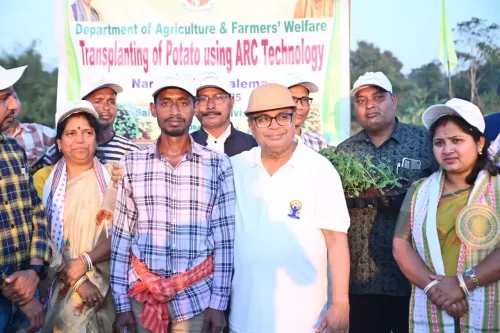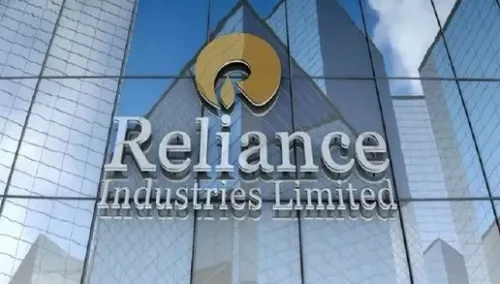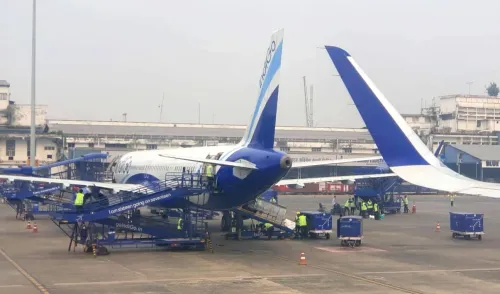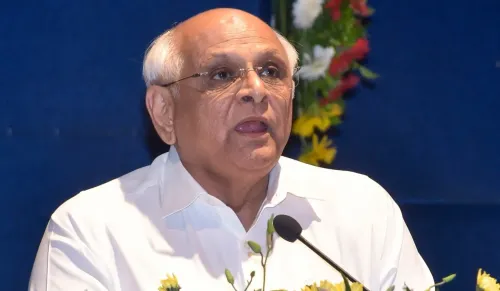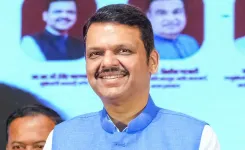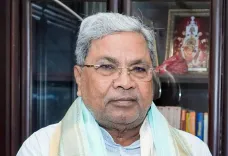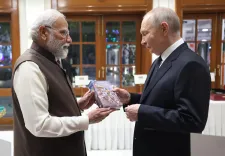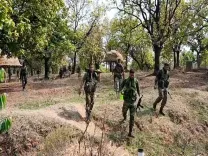Government Underlines Veterinary Services' Essential Role in Livestock Sector

Synopsis
Key Takeaways
- Need for NABL-accredited veterinary labs
- Importance of private sector collaboration
- Development of structured PPP policy
- Focus on vaccine production and workforce development
- Enhancement of animal health security
New Delhi, Feb 15 (NationPress) The government on Saturday emphasized the vital role of veterinary services in bolstering the livestock sector, which accounts for over 30 percent of India’s agricultural gross value added (GVA).
Alka Upadhyaya, Secretary of the Department of Animal Husbandry and Dairying (DAHD), highlighted the importance of establishing NABL-accredited veterinary laboratories and stressed that collaboration with the private sector is crucial for effective disease surveillance, workforce development, and vaccine production.
During a workshop in the national capital, she mentioned that this initiative has paved the way for a structured public-private partnership (PPP) in veterinary services.
“The discussions will aid in creating a roadmap that improves national disease control initiatives, enhances veterinary infrastructure, and ensures a sustainable ecosystem for animal health security,” she stated.
Upadhyaya also pointed out the necessity of formulating a structured PPP policy within a year to secure long-term investments and encourage private sector involvement in veterinary services.
The workshop aimed to reinforce veterinary services through PPP in domains like vaccine development, veterinary workforce training, institutional infrastructure, and establishing Foot-and-Mouth Disease (FMD)-Free Zones.
The DAHD, in partnership with the World Organisation for Animal Health (WOAH), effectively organized the WOAH PVS-PPP (Performance of Veterinary Services-Public Private Partnership) targeted support workshop.
The discussions revolved around addressing the significant gaps in veterinary services in India by fostering structured PPP engagement, particularly focusing on expanding veterinary infrastructure, including the creation of NABL-accredited veterinary laboratories at the district level and enhancing disease control programs through improved surveillance and FMD-Free Zone initiatives.
Other key areas of focus included enhancing veterinary workforce capacity through structured training and knowledge-sharing platforms, as well as strengthening self-sufficiency in veterinary vaccine production by developing a robust vaccine value chain.
Dr. Hirofumi Kugita, Regional Representative for Asia and the Pacific at the World Organization for Animal Health, recognized India’s leadership in veterinary services and its potential to contribute to global best practices through knowledge-sharing and laboratory collaborations.
Dr. Abhijit Mitra, Animal Husbandry Commissioner and chief veterinary officer of the nation, remarked that scaling up veterinary services necessitates a well-structured institutional framework where both public and private sectors collaborate.


